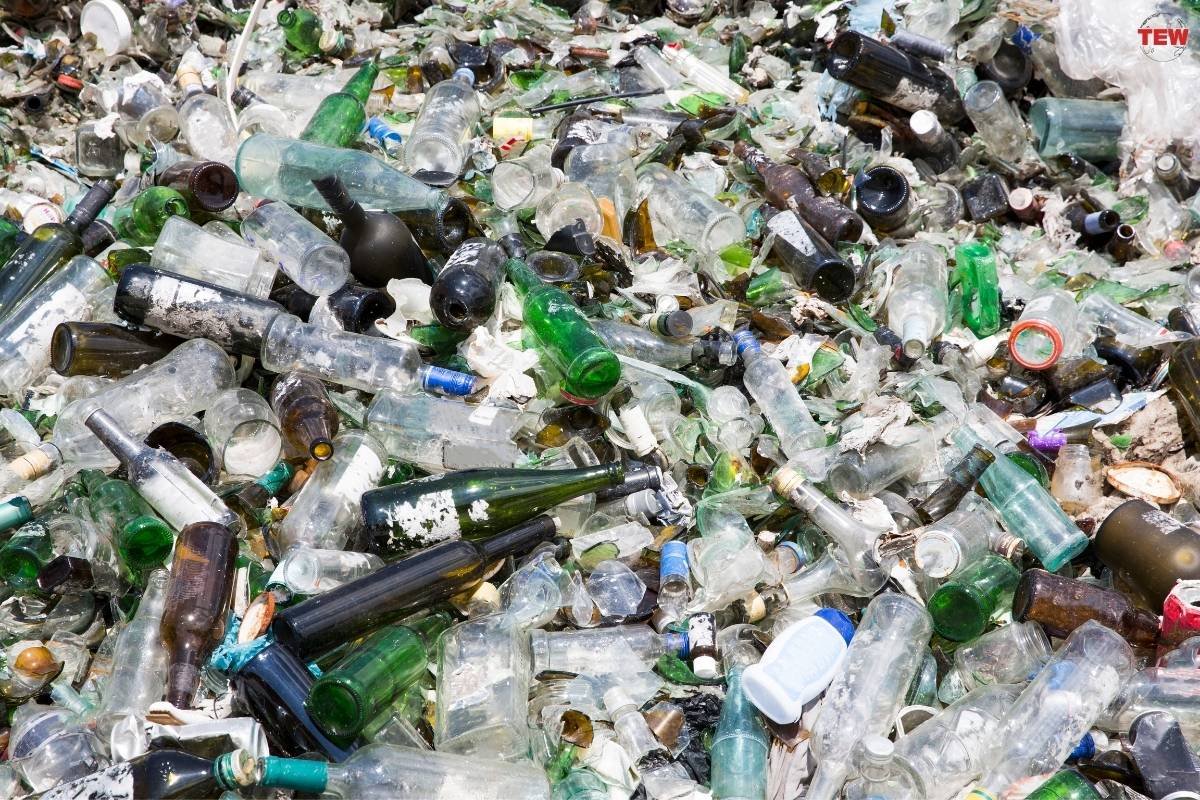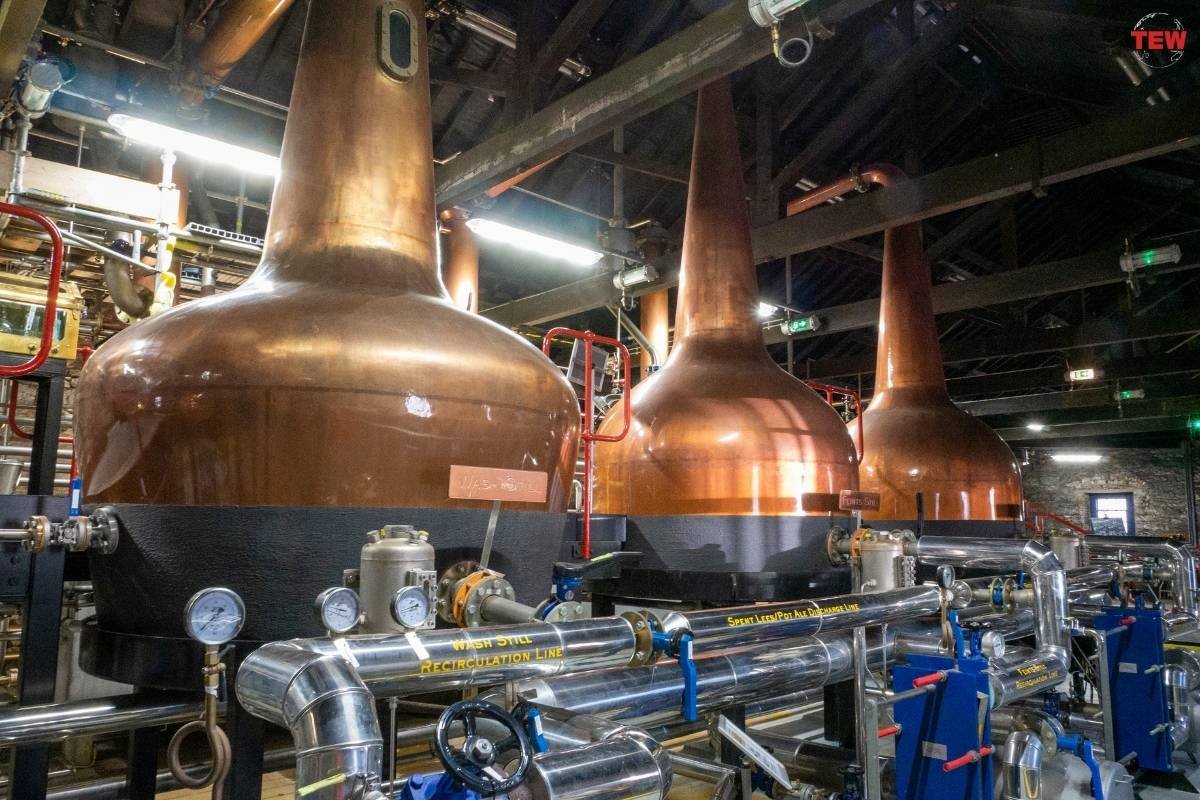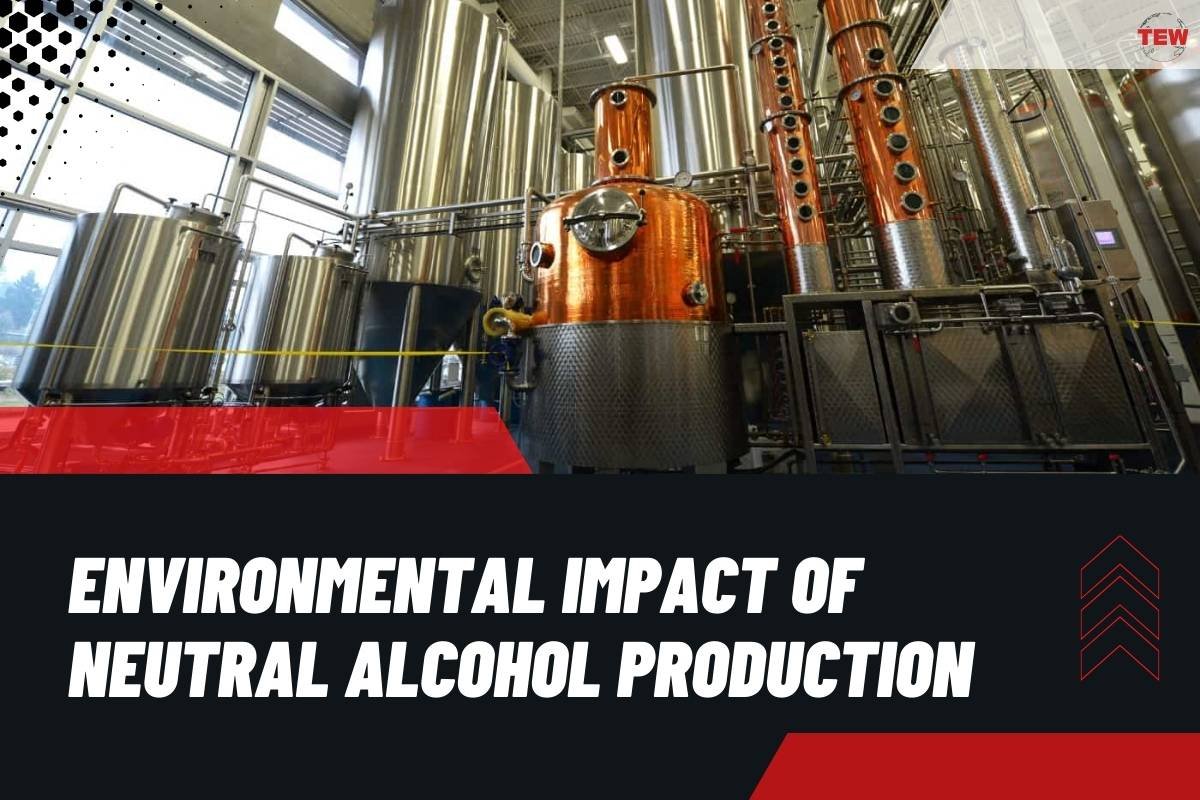Extra neutral alcohol is known by multiple names, like rectified alcohol, rectified spirit, and neutral spirits. This type of alcohol is prepared from:
- Corn
- Sugarcane
- Grain, and
- Sugar beets, among other food materials.
It’s used to create alcoholic beverages, including liqueur, whiskey, and gin. Also, it can be used as an astringent and a preservative. That makes it a vital element in personal care and cosmetic product manufacturing companies.
Extra neutral alcohol is also a good solvent for inks, lacquers, and paints. In its undiluted form, extra neutral alcohol has 95% alcohol content by volume. After distillation, it’s used in the production of blended whiskey and some homemade drinks like punch.
The increase in demand for alcohol products has boosted the extra neutral alcohol requirement. And as a result, many alcohol manufacturers are producing it to meet the high demand, and many players are also joining the industry.
This piece of content explores environmental considerations and sustainable practices in the production of extra neutral alcohol, including energy efficiency and waste management. Let’s read on to discover more.
Waste Management

Alcohol manufacturers are revolutionizing the industry via their commitment to embracing sustainability and reducing waste. They’re implementing sustainable farming practices while at the same time obtaining independent organic accreditation.
Alcohol manufacturers are also finding unique ways to repurpose products and address ethical issues, taking multi-layered approaches toward creating exceptional alcohol products. They’ve got a focus on renewable energy, always crafting a positive social effect within a circular economy and striving for carbon neutrality.
These efforts and commitments set a new conscious alcohol production standard, shaping a more sustainable and ethical future for the industry.
Energy Efficiency

The amount and proportion of energy used in every process varies from one alcohol manufacturer to another. It depends on the scale, process used, products, and the operations efficiency. The steps to manufacture alcohol products differ depending on the type of beverage being prepared. Most alcohol products go through these key processes:
- Crushing or milling
- Cooking and mashing
- Fermentation
- Distillation
- Maturation
- Blending and bottling
Manufacturers have the best opportunities to save energy and minimize costs. Most manufacturers who conserve energy efficiently manage the cross-cutting equipment that powers a plant’s production process, including pumps, compressors/chillers, and motor systems. These systems need active oversight, regular maintenance, and replacement with energy-efficient models when necessary.
Having efficient operating processes is another key area that distillers focus on to ensure their alcohol production process is energy efficient. They, in most cases, focus on the dry house and distillation as well as steam systems.
The latest and most efficient technologies, as well as process optimization, are important when it comes to realizing energy savings in the operations of a plant. Also, throughout a plant, various batch processes are available that run simultaneously, providing opportunities for process integration and heat recovery.
Final Thoughts

Ethical issues and sustainability are key in the alcohol industry. Consumers are always after sustainable alcohol manufacturers and brands that prioritize renewable energy and carbon neutrality. These brands and manufacturers have an impact on different distillation aspects, including the production, processing, and upcycling of ingredients.




